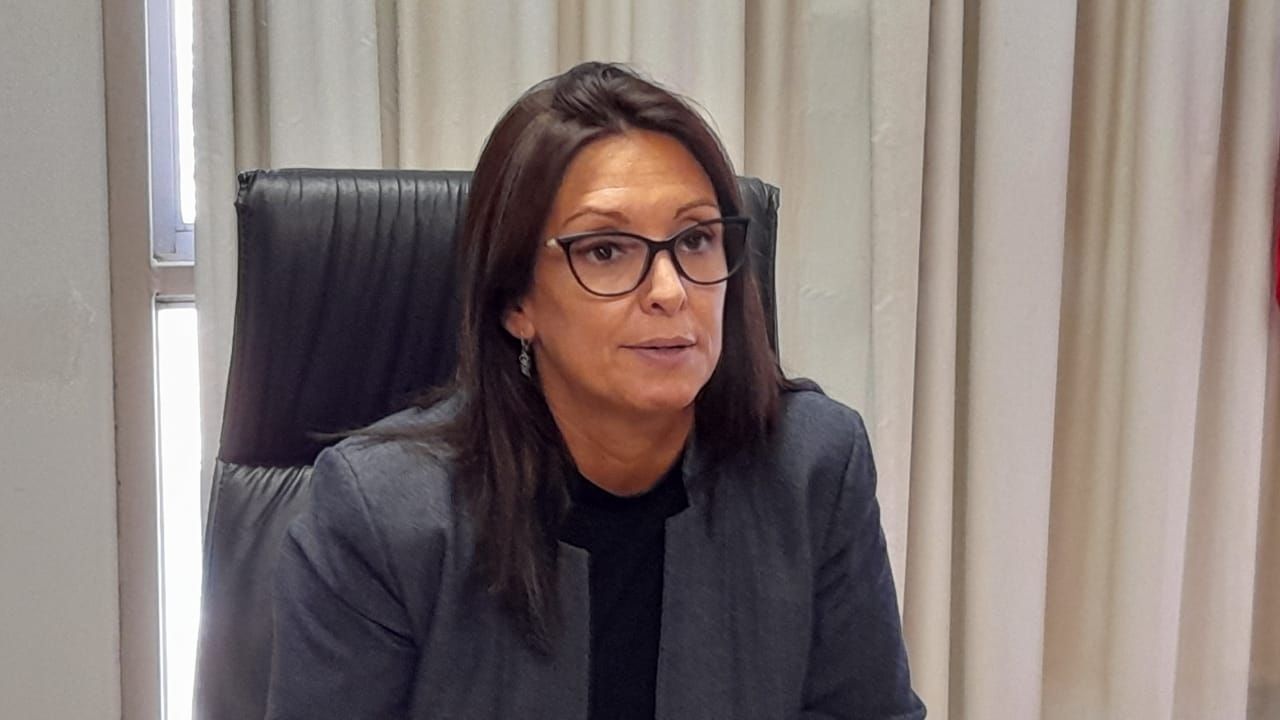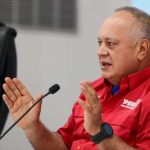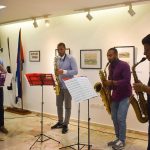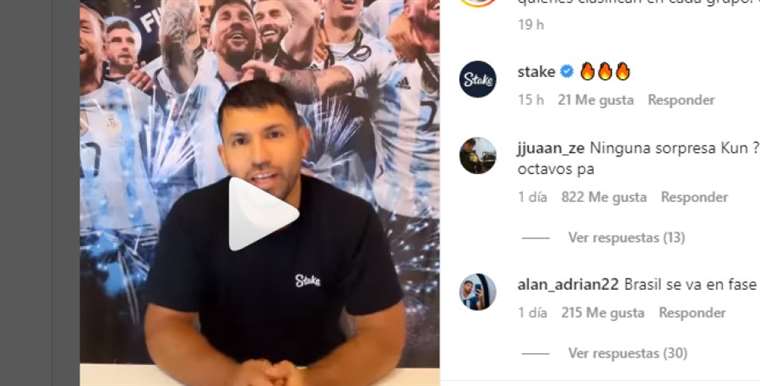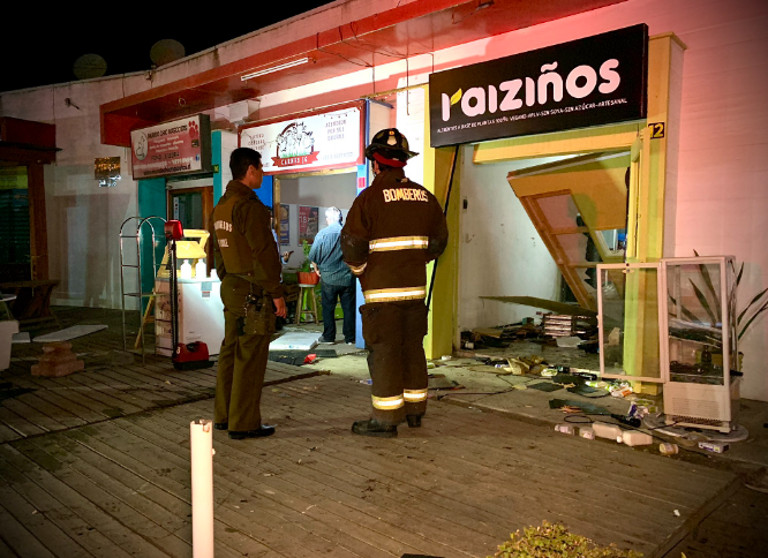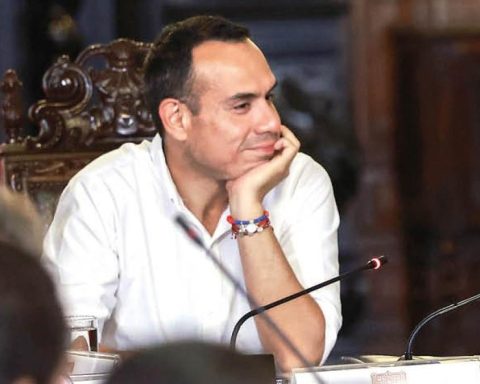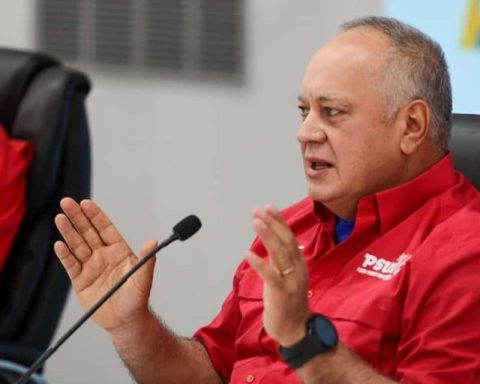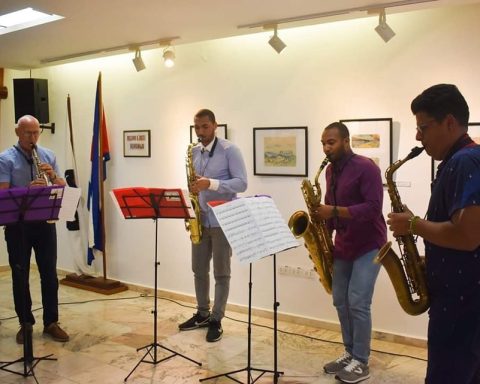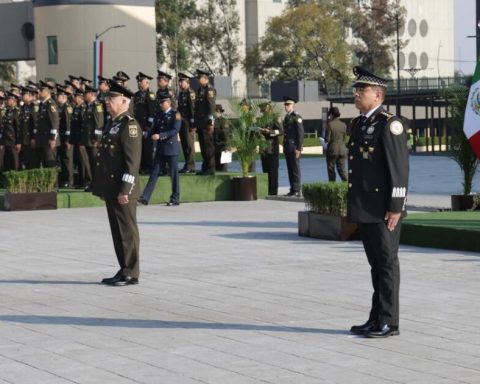Within the framework of the cause of the pyramid scheme known as Zoe Generationthe time has come to talk about the second-shift Investigation Prosecutor of Villa María, in the province of Córdoba, Juliana Companys.
The prosecutor reported on Monday that “it is impossible to measure the money” with which the organization Zoe Generationdue to the “multiplicity of businesses in Argentina and abroad”.
The cause facing the owner of Zoe Generation, Leonardo Cositorto, and 28 other defendants is labeled as “repeated scams and illicit association.” The prosecutor began with the investigation of the organization in February of this year, based on anonymous complaints.
Subsequently, it became known that the organization Zoe Generation had spread to other provinces apart from Córdoba, and even outside the country, where “satellite companies and businesses” linked to Zoe Generation.

Companys specified that “there are more than 1,050 victims and, so far, there are only 176 victims who denounced the scams. It is presumed that the other people did not denounce the maneuvers of the illicit association because their contributions were in black.
On the other hand, Prosecutor Companys pronounced that “it is necessary to toughen the penalties, (because there is today) an outdated legislation that is mild for economic crimes.” This condition allows criminals to regain freedom as millionaires in a maximum of three years, since the highest sentences reach six years in prison.

What was the crime?
The organization captured revenue from investments in ontological leadership coaching training, spiritual coaching, and financial coaching. As remuneration, they received a payment with a monthly interest that averaged 7.5%, which, according to Zoe Generationwere collateralized by Zoe Cash cryptocurrency.
It was announced that there were mining operations in the provinces of Jujuy and San Juan, among other guarantees that did not exist. They also mentioned on their official site that they had the endorsement of the River Plate Club’s University Institute and the University of Salamanca in Colombia. Of course, these advertisements were false.
